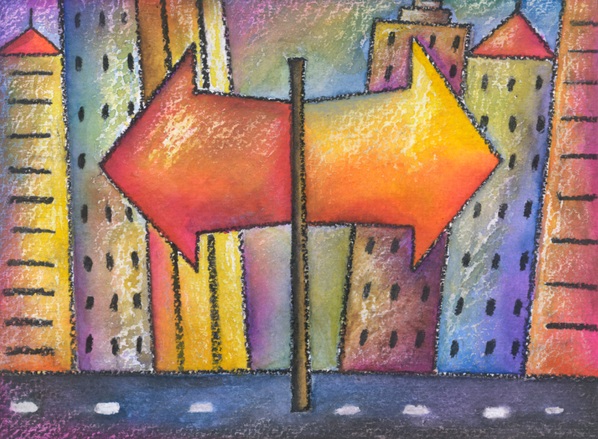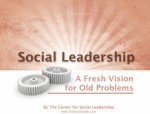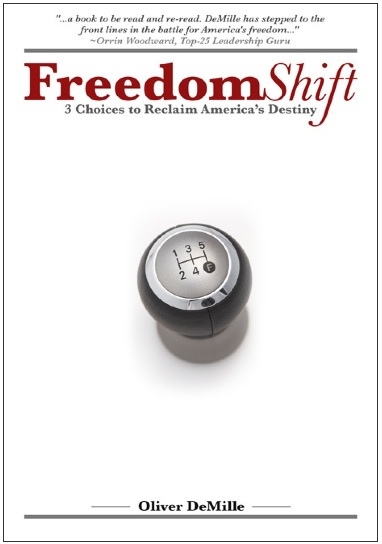The Thing We Missed...
This week I was referring to the book The Fourth Turning in a conversation with my wife, and it struck me
that we are witnessing so many of the things outlined in this excellent book.
I first read it back in the nineties, when there was a lot
of gloom and doom about the years just ahead, and numerous predictions that the
economy was about to tank and war was on the horizon.
At that time, this book gave me a lot of hope.
It showed that, based on the cycles of history, the times of
major economic downturn and other significant national challenge were probably
a decade or so in the future.
But today, the same book has dire predictions for our time.
How does this apply to the election of 2012, you might ask.
Answer:
If the cycles
of history have us on the path of a major economic downturn and/or other
difficult national problems, then the election will set a tone for how we deal
with these things.
On the one hand, we want leadership that is optimistic,
knows how to overcome major problems, and believes in the power of freedom.
Indeed, in truly difficult eras of history, it is the people
of a nation rather than its politicians who determine whether we turn lemons
into lemonade or meekly accept the prognosis of the experts that decline is
here to stay.
Remember how much the national feeling shifted with a simple
change from Carter to Reagan?
So, yes, we need an election outcome that puts freedom back
into the American equation.
But there is more.
If we are really going into a time of serious crises and
challenges--and who reading the daily news doesn't think this change could be coming?--then
it won't be who gets elected that matters most.
The big thing will be how the regular people respond, and
how we use initiative, resiliency, tenacity and entrepreneurialism to overcome
our national challenges.
All of this puts the election front and center.
It also makes it a bit of a paradox.
There are at least two schools of thought on this.
One says that leaders and their choices determine whether or
not we will see a revitalized economy or face another major downturn, further
downgrading of the nation's credit rating, increased unemployment, higher
inflation, decreased or negative growth, etc.
The other argues that the cycles of history are very
powerful, and that Congress and Presidents can't really do much to stop a
depression or other crises.
If the latter view turns out to be true, we could see
significant economic problems ahead no matter how the election ends on November
6.
This turns the whole
thing on its head, because if President Obama is reelected and his
big-government policies are followed by depression, the ideas of free market
and free enterprise will be rekindled and gain new credibility.
If Romney wins and
his more free-market approach is followed by a depression or major recession (right
on the heels of the economic woes in the Bush years), support for free markets
could be set back for many decades.
To the Point
I'm not suggesting that anyone change their vote, but what I
am saying is very important: Whatever happens on election night, the election
isn't the big event.
What occurs in the months and first year after November 6 is
the real story--and it will remake America, one way or another.
Once the election is over is the time to get serious about
making your positive influence felt in Washington and your local and state
governments.
The rubber is going to hit the road on the future of the
economy--in the months after the election.
That's when your influence as a citizen will be most needed.
What is your plan right now to have an impact on the future
of freedom in the beginning half of 2013?
If you don't have one yet, it's time to get started.
The worst outcome of the 2012 election will be if the nation
votes, celebrates or cries when the results are announced, and then goes back
to normal life not realizing that in the months just ahead we're going to
determine America's future.
Freedom or ... not freedom.
The election is the
beginning of this year's challenge, not the end!
Start making your plans now if you care about freedom.






